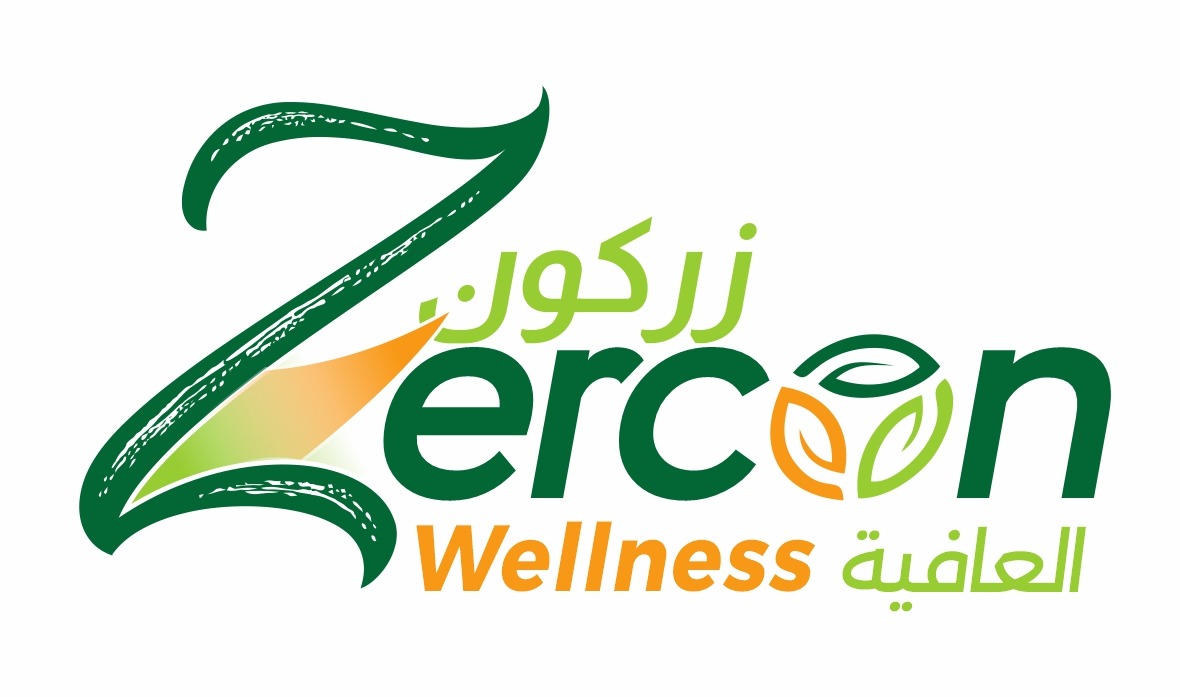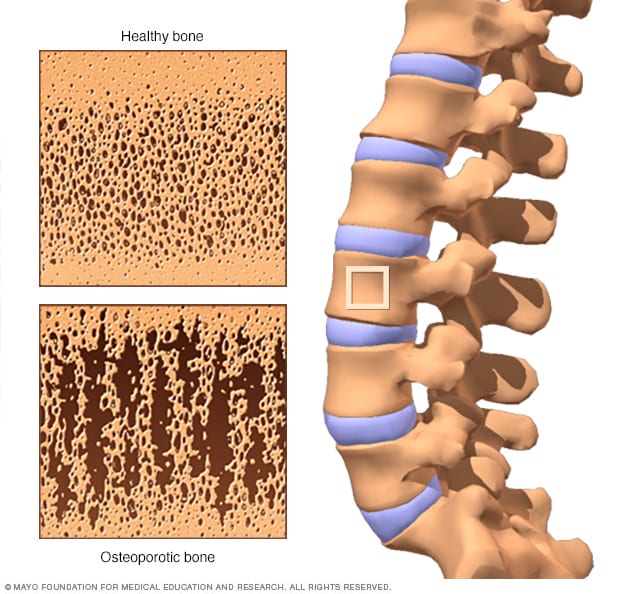Hormones and Their Role in Health
Hormones are chemical messengers that play a vital role in coordinating and regulating different functions in your body. They travel through your bloodstream to organs, muscles, skin, and other tissues, sending signals that tell the body what to do and when to do it. In this way, hormones influence everything from your metabolism and growth to your mood and reproductive health.
So far, scientists have identified over 50 different hormones in the human body. Most of these hormones are produced and released by glands in your endocrine system, but other tissues—such as fat, kidneys, liver, and even your digestive tract—also produce hormones or hormone-like substances.
Because hormones are powerful, even a small change in their levels can significantly affect health. Minor imbalances can lead to symptoms, while larger ones can cause medical conditions that may require treatment.
What Hormones Do
Hormones affect and manage hundreds of bodily processes, often working in chain reactions with other hormones. They regulate:
Metabolism (turning food into energy).
Homeostasis, or internal balance (blood sugar, blood pressure, fluid and electrolyte balance, and body temperature).
Growth and development.
Sexual function and reproduction.
Sleep-wake cycle.
Mood and behavior.
Hormones work like keys that fit into specific locks—the receptors on target cells. If the hormone “fits,” it delivers its message and triggers the cell or organ to take action.
There are two main types of hormone communication:
Between two endocrine glands — for example, the pituitary gland releases thyroid-stimulating hormone (TSH), which signals the thyroid gland to release its hormones that affect metabolism.
Between a gland and a target organ — for example, the pancreas releases insulin, which acts on the liver and muscles to help regulate glucose.
Which Tissues Make Hormones?
The endocrine system is the main network of glands that produce hormones. It includes:
Hypothalamus: Controls the pituitary gland and makes hormones like corticotrophin-releasing hormone, dopamine, growth hormone-releasing hormone, and thyrotropin-releasing hormone. It also produces oxytocin (stored and released by the pituitary) and somatostatin.
Pituitary gland: Known as the “master gland,” it produces hormones that control other glands. The anterior pituitary makes ACTH, FSH, GH, LH, prolactin, and TSH. The posterior pituitary releases antidiuretic hormone (ADH/vasopressin) and oxytocin.
Pineal gland: Produces melatonin, which regulates sleep-wake cycles.
Thyroid gland: Produces thyroxine (T4), triiodothyronine (T3), reverse T3, and calcitonin, all of which regulate metabolism and calcium balance.
Parathyroid glands: Release parathyroid hormone (PTH), which maintains calcium balance and bone health.
Adrenal glands: Located on top of the kidneys, they produce cortisol, aldosterone, DHEA and androgens, adrenaline (epinephrine), and noradrenaline (norepinephrine).
Pancreas: Produces insulin and glucagon, both essential for blood sugar regulation.
Ovaries (in women): Produce estrogen, progesterone, and small amounts of testosterone.
Testes (in men): Produce sperm and testosterone.
Other hormone-producing tissues include:
Adipose tissue (fat): Produces leptin, adiponectin, plasminogen activator inhibitor-1, estrogen, and angiotensin.
Kidneys: Release erythropoietin, renin, and the active form of vitamin D (actually a prohormone).
Liver: Produces insulin-like growth factor 1 (IGF-1) and angiotensinogen.
Gut (gastrointestinal tract): Produces ghrelin, somatostatin, and GLP-1, which influence appetite and digestion.
Placenta (during pregnancy): Produces estrogen and progesterone to support fetal development and maintain pregnancy.
Conditions Caused by Hormone Issues
Too much or too little of a hormone can disrupt balance and lead to health problems. Common hormone-related conditions include:
Diabetes (Type 1, Type 2, and gestational diabetes).
Thyroid disorders (hypothyroidism and hyperthyroidism).
Polycystic ovary syndrome (PCOS), irregular periods, and infertility in women.
Low testosterone (hypogonadism) and infertility in men.
Obesity, often linked with imbalances in leptin, insulin, or cortisol.
Causes of Hormonal Imbalances
Hormone imbalances can result from:
Tumors or adenomas (growths on glands).
Injury or damage to an endocrine gland.
Autoimmune diseases (e.g., Type 1 diabetes).
Genetic mutations that affect hormone production or gland function.
Who Treats Hormonal Conditions?
Many hormone conditions can be managed by a primary care doctor, but more complex cases are treated by an endocrinologist—a specialist in hormone health. Endocrinologists diagnose, manage, and treat disorders related to the endocrine system, often with medications or hormone replacement therapies.
Hormones and Women’s Health
Hormones are critical for both men and women, but women tend to experience more frequent and intense hormonal changes due to major life stages such as puberty, pregnancy, and menopause.
While men also have estrogen, progesterone, and other hormones, they don’t experience the same sudden shifts and fluctuations that women do. These hormonal changes in women often lead to noticeable symptoms—ranging from mood swings and sleep changes to fertility challenges—that can affect daily life and long-term health.






